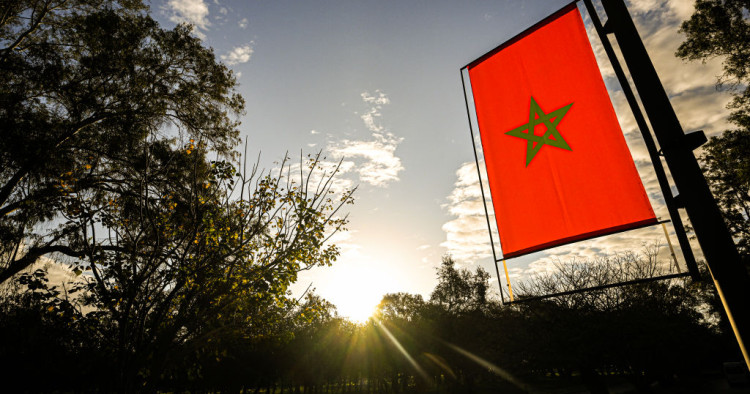The unwinding of global food production chains due to the combined shocks of Covid-19 and the war on Ukraine, made worse by the impact of climate change on the food-water-energy nexus, will require the six nations of the western Mediterranean – Morocco, Algeria, Tunisia, Spain, France and Italy – to develop new forms of economic cooperation. An Italy–Morocco partnership on green energy food production can be a model for resilient food production chains. Italy has set a precedent for such a cross-cutting partnership through the successful integration of Italian firms into Morocco’s automotive manufacturing ecosystem. Italian participation in Morocco’s production of green hydrogen and its derivative green ammonia would help render fertilisers, a fundamental component of food production, more resilient against natural gas supply shocks. Utilising the commercial symbiosis between Italy’s agricultural food production industry and Morocco’s emerging green energy food production ecosystem, cooperation in green fertiliser production could serve as a springboard for deeper Italian-Moroccan cooperation in the development of sustainable and resilience food production value chains in the western Mediterranean.
Photo by Octavio Passos/Getty Images
The Middle East Institute (MEI) is an independent, non-partisan, non-for-profit, educational organization. It does not engage in advocacy and its scholars’ opinions are their own. MEI welcomes financial donations, but retains sole editorial control over its work and its publications reflect only the authors’ views. For a listing of MEI donors, please click here.













